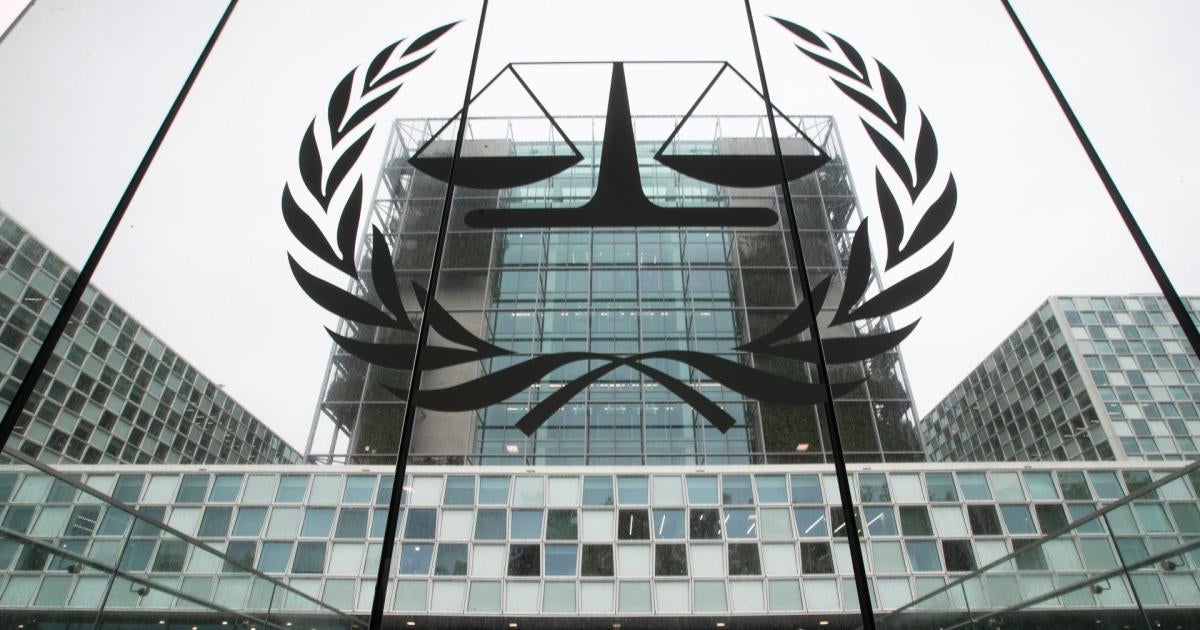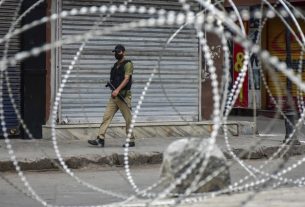Justice ministers from International Criminal Court (ICC) member countries are gathering in London today for a meeting aimed at supporting the court’s Ukraine investigation. The meeting, organized by the United Kingdom and the Netherlands, spotlights the ICC’s critical role as a court of last resort for serious crimes under international law and it comes on the heels of the first two arrest warrants issued by the court in the Ukraine situation. It should also be a forum to press Ukraine to join the ICC; while Ukraine has accepted the court’s jurisdiction, it has yet to become a full member of the court.
The unprecedented show of support for the ICC’s work in Ukraine is a welcome development. However, it contrasts sharply with more muted support for the court’s work elsewhere, as in Palestine, for example. Unevenness in responses to the court’s work investigating serious crimes not only deprives victims of access to justice but threatens the legitimacy of these responses and the broader international justice system.
Today’s discussions should ensure that commitments to justice in Ukraine are part of a more consistent approach to support for the court’s work across its mandate, as Human Rights Watch shared in letters to the conference organizers.
We expect that the issue of voluntary contributions to the court will be part of today’s discussions and ICC members should approach it with great care. The ICC is funded through an annual budget consisting of assessed contributions from member countries. The court’s framework makes clear that any voluntary contributions outside of that budget should be exceptional. Such contributions are not a sustainable funding model and raise concerns about perceptions of politicization in the court’s work. Although these contributions cannot legally be earmarked, several governments publicly linked their voluntary contributions to the court’s work on Ukraine following the ICC prosecutor’s call last year for additional resources. Some of these same governments have for years insisted on holding increases in the court’s annual budget to a bare minimum, despite its growing docket.
ICC member countries should be clear in their commitment to a consistent approach across all situations before the court, including by reinforcing the court’s regular budget, rather than relying on ad hoc contributions when political will and attention is high. Otherwise, they risk undermining the legitimacy of the ICC’s work and feeding false narratives of politicization. Today, they have a chance to counter these narratives by demonstrating that their support for the ICC’s work on Ukraine extends across the court’s global mandate.



